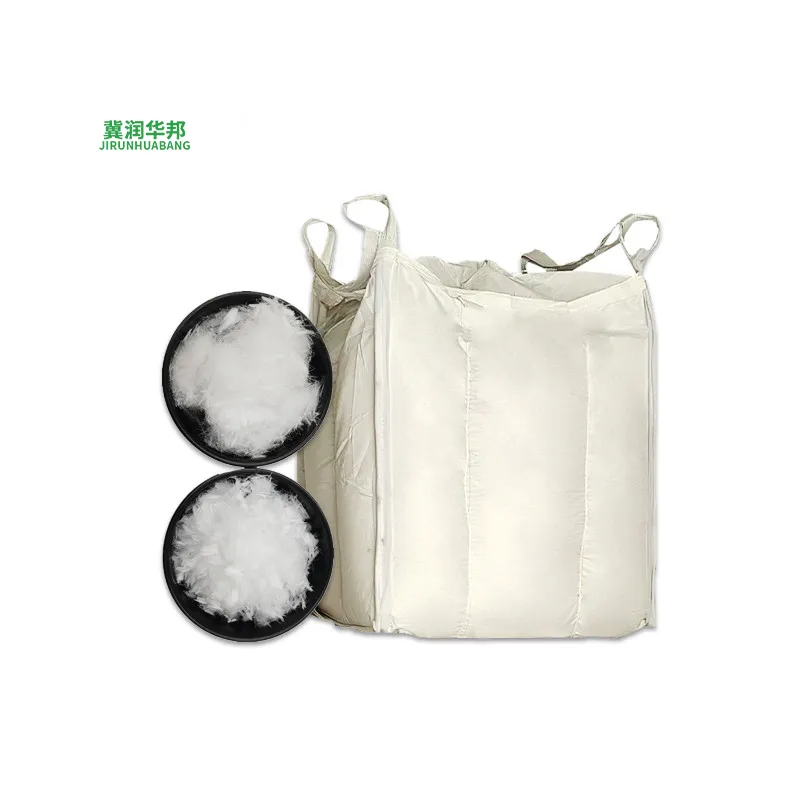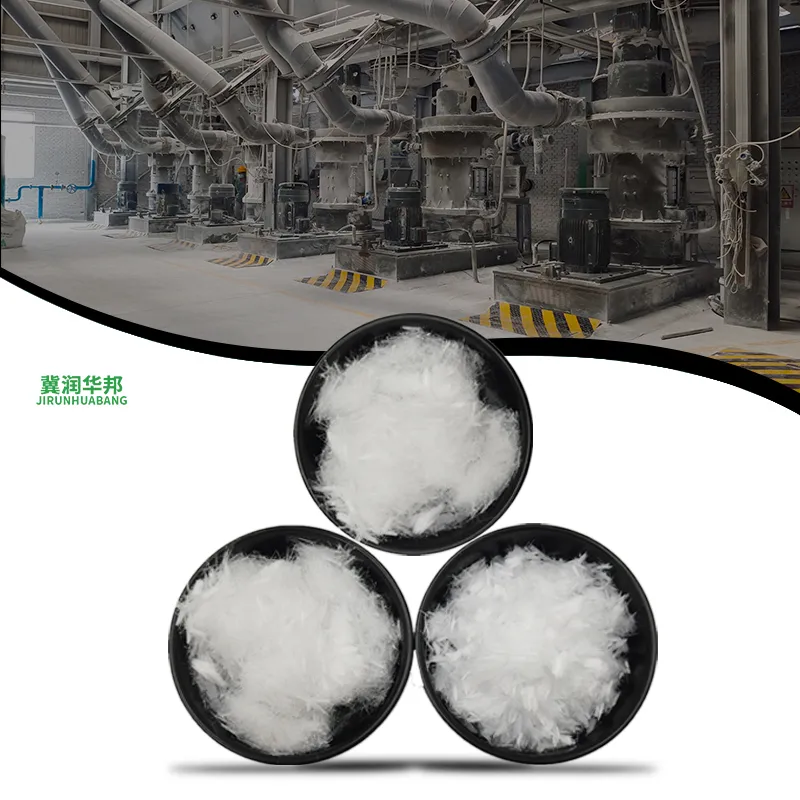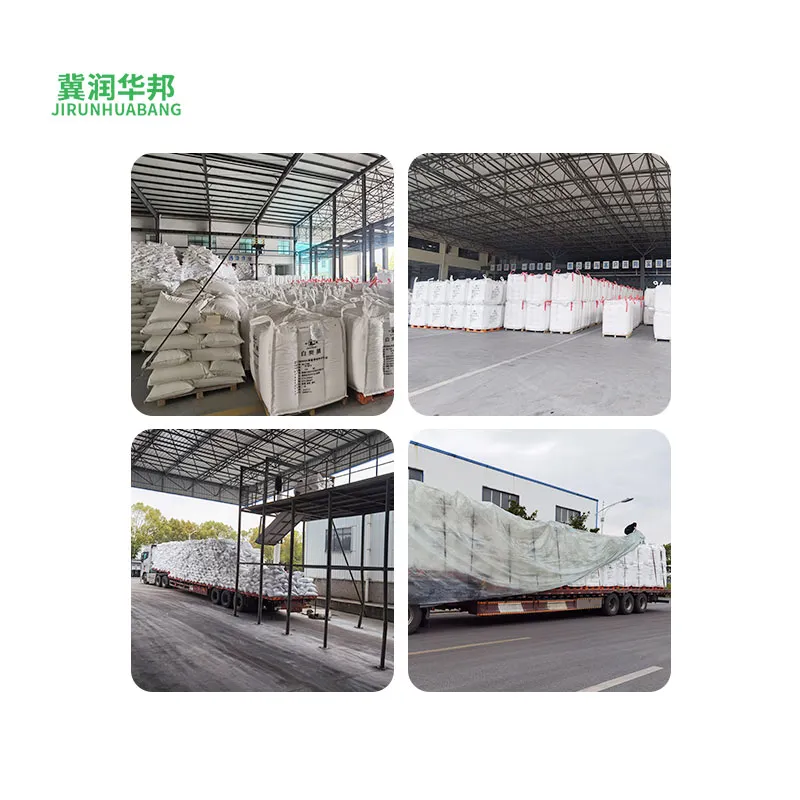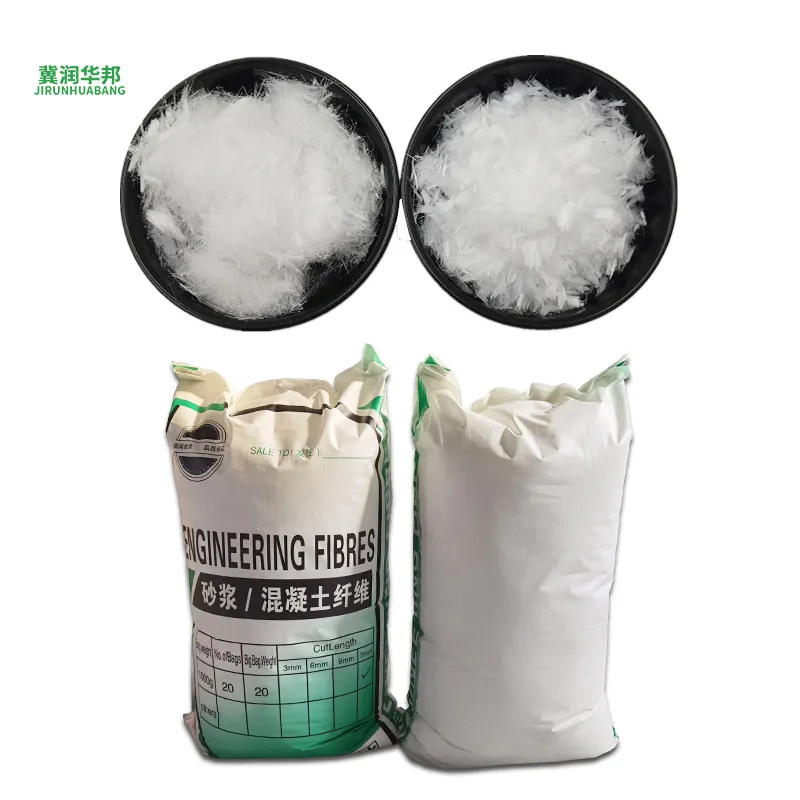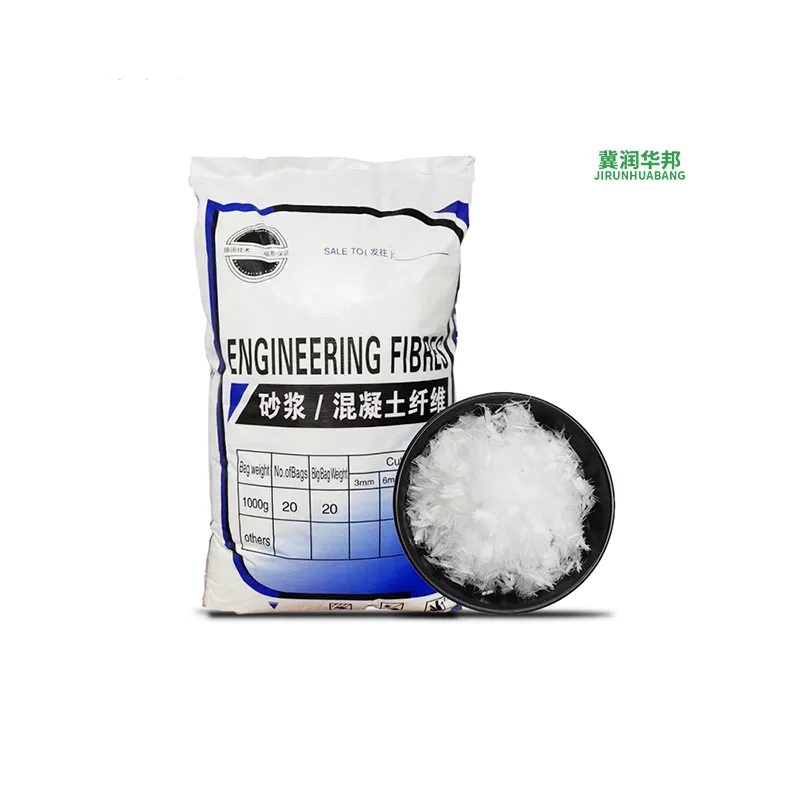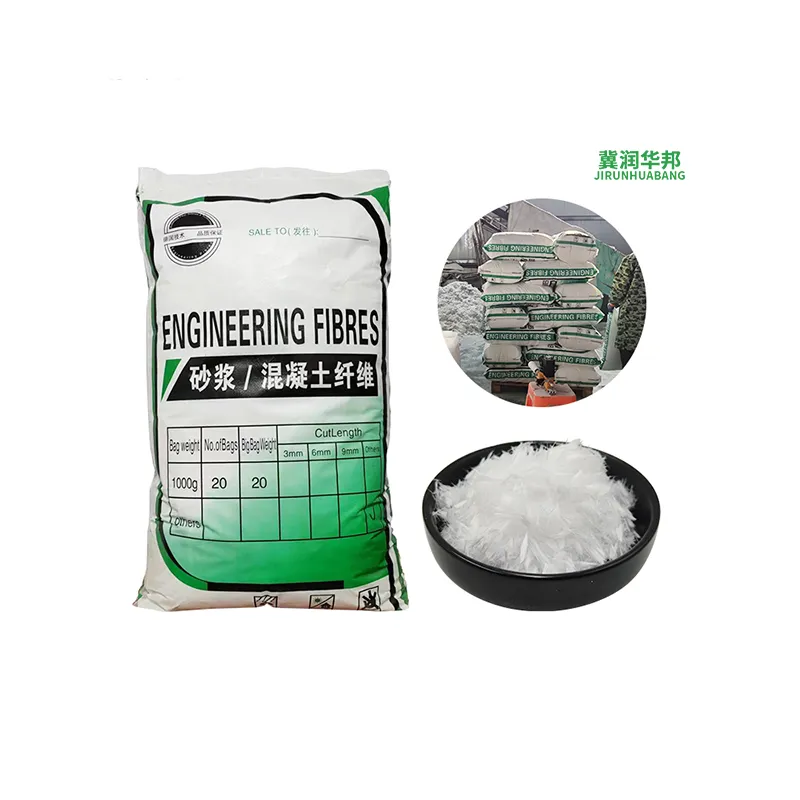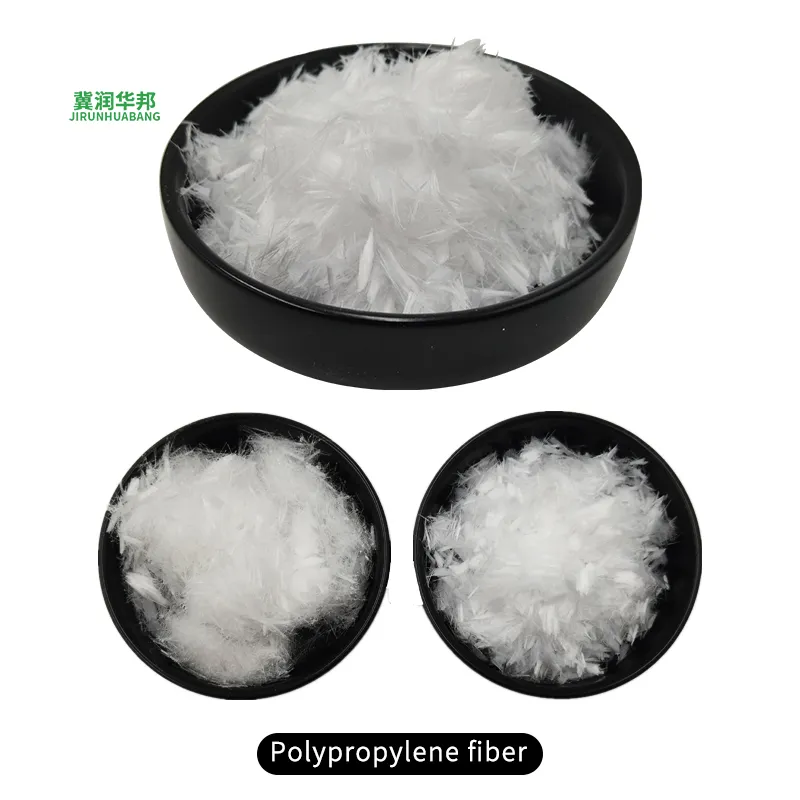Crack resistant fiber asphalt concrete mortar tensile fiber synthetic fiber for road construction
Synthetic fibers work by creating a reinforcing network within the asphalt mix. This network effectively distributes tensile stresses, preventing cracks from forming and propagating. As a result, roads constructed with fiber-reinforced asphalt concrete are less susceptible to damage from traffic loads, temperature fluctuations, and environmental factors.
In addition to crack resistance, fiber-reinforced asphalt concrete offers improved flexibility and fatigue resistance. This makes it an ideal choice for high-traffic areas and regions with extreme climate conditions.
In conclusion, crack-resistant fiber-reinforced asphalt concrete, utilizing synthetic fibers such as polypropylene, represents a significant advancement in road construction. By enhancing tensile strength and crack resistance, these fibers contribute to the development of more durable and resilient road surfaces.
| Cas No. | 9003-07-0 |
| Place of Origin | China |
| Color | White |
| Shape | Fiber |
| Grade | Industrial Grade/ Building grade |
| Package | 5-25kg/bag,customized package |
| MOQ | 1kg |

